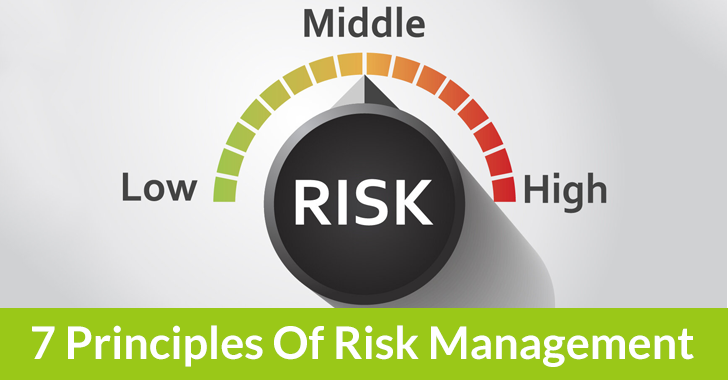
What Are The 7 Principles Of Risk Management?
Risk management identifies, evaluates, and controls threats to a business’s earnings and capital. These risks can be formed from various types of sources, including legal liabilities, financial issues, strategic errors, technology issues, or even natural disasters.
A successful risk management procedure usually starts with the raw material suppliers to satisfy their customers. It also examines the impact of risks on a business and how to reduce that impact to ensure the smooth operation of the business.
Table of Contents
What is the importance of risk management?
Nowadays, the risks modern businesses face have turned out to be very complex, thanks to the rapid growth of globalization. New risks are forming to threaten most businesses.
Thus, risk management is important to mitigate various types of business risks that could harm the organization and ensure the unaffected working procedure of the business.
Thus, building well-planned risk management can help you protect your business’s reputation, resources, and people. Discussed below are the seven principles of risk management that can help you to run your business smoothly.
The seven principles of risk management
Almost all projects or businesses require Risk management in order to run smoothly. Risk management includes learning procedures and examining the situations and conditions you may need to reduce the impact of the potential issues. The crucial principles of risk management are:
-
Work according to organizational objectives and goals
You need to ensure that your risk management plan is related to your company’s objectives and goals. Each organization usually has different desired results and priorities, and these pieces of information need to be included in its risk management plan. The risk strategy they choose needs to be consistent and relevant to the overall culture and goals of the organization.
-
Make sure to identify risks early
This is a very crucial principle in managing risks. This principle includes the task of ensuring that you can identify the risks of a project even before the project starts.
Identifying the reason for potential risk and also planning the preventive measures and responses to fight against it is very important. Thus, after identifying the potential risks, those should be measured properly as early as possible.
-
Ensure to involve stakeholders
While planning for risk, you should trust the expertise of those people who will be included in the project. Moreover, you should also rely on the experts within your organization. While conducting risk management, you should involve the stakeholders of your company. With this, you can successfully identify and gain the required insights regarding potential risks really soon.
-
You should manage risk within the context
Context is crucial while considering the risks of your project. The factors like technological, political, societal, or legal impact different organizations in different ways.
Moreover, each company communicates and tackles risks in different ways. Thus, any risk management procedure should include external and internal contexts in the planning phase.
-
Creating a risk review cycle
After identifying the risks, it is crucial to evaluate all those risks and think about the preventive measures that may be useful. Thus, creating a risk review cycle is very important.
-
Ensure clear roles and responsibilities
Another important principle of successful risk management is ensuring all the participating members’ roles and responsibilities. The more people participate, the more risk can be managed effectively and creatively.
-
Looking for continuous improvement
After completing a project, you should review the risk management plan carefully and determine the scope for improvement. You should always look for improvement to ensure the smooth operation of your future projects.
Therefore, these seven principles of risk management can be helpful for you to conduct your business successfully.


